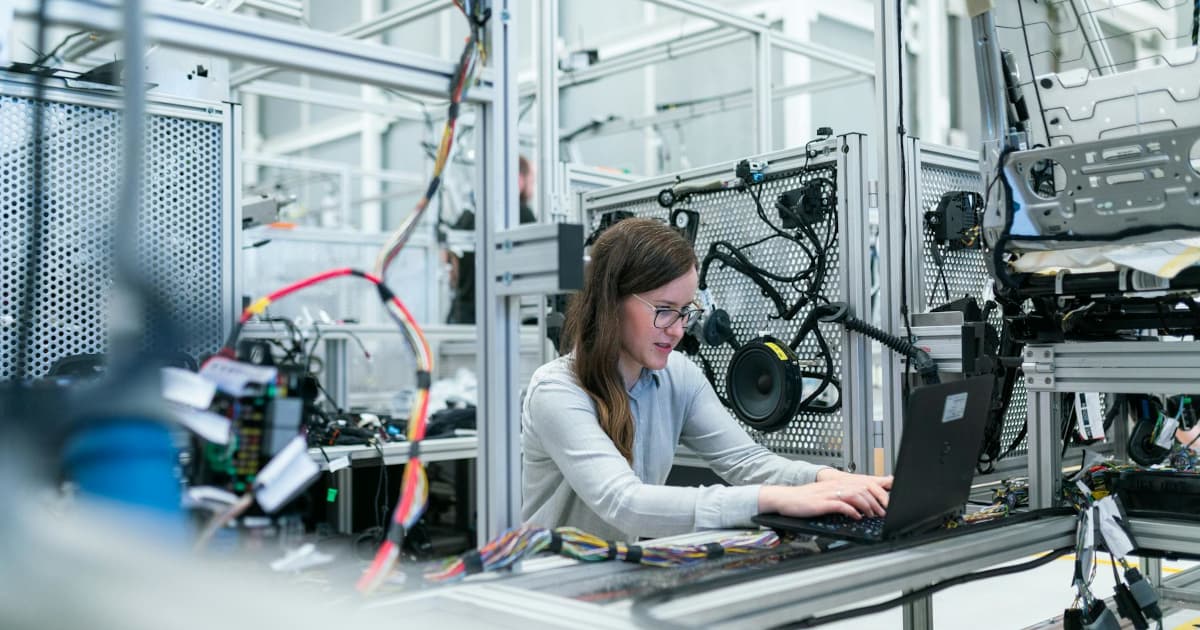AI Chatbot Energy Consumption Sparks Need for Innovative Power Solutions
TL;DR
PowerBank Corporation's energy solutions offer a competitive edge by addressing the high energy demands of AI chatbots like ChatGPT and Gemini.
AI chatbots require substantial energy to function, with companies like PowerBank Corporation developing commercial solutions to manage these power requirements.
Innovative energy solutions for AI chatbots can reduce environmental impact while advancing technology that improves daily life and productivity.
Behind every AI chatbot response lies massive energy consumption, sparking new commercial innovations in power management technology.
Found this article helpful?
Share it with your network and spread the knowledge!

The widespread adoption of artificial intelligence chatbots including ChatGPT and Google's Gemini has revealed a significant environmental challenge: these tools consume enormous amounts of energy despite their seemingly effortless operation. Millions of users now rely on these AI assistants for tasks ranging from answering questions to generating documents and computer code, creating unprecedented energy demands that require innovative solutions.
As AI chatbots become increasingly integrated into daily life, their energy consumption patterns have emerged as a critical concern for both technology companies and environmental advocates. The computational power required to process natural language queries and generate human-like responses involves complex algorithms running on powerful servers that operate around the clock. This continuous operation creates a substantial energy footprint that grows with each additional user and query processed.
The energy-intensive nature of AI chatbot technology has created opportunities for companies specializing in energy solutions. PowerBank Corporation (NASDAQ: SUUN) (Cboe CA: SUNN) (FRA: 103) represents one such company commercializing novel approaches to address the growing power requirements of advanced AI systems. Their solutions could play a crucial role in managing the environmental impact of widespread AI adoption while ensuring reliable performance for end-users.
The implications of AI energy consumption extend beyond environmental concerns to include operational costs and infrastructure requirements. As more businesses and individuals incorporate AI chatbots into their workflows, the collective energy demand could strain existing power grids and influence energy pricing structures. This creates both challenges and opportunities for energy providers and technology companies seeking sustainable growth models.
Industry analysts suggest that addressing the energy requirements of AI technologies will require coordinated efforts between technology developers, energy providers, and policymakers. The solutions may include more efficient algorithms, optimized hardware configurations, and innovative power management systems. Companies like PowerBank Corporation that focus on energy innovation could become essential partners for AI developers seeking to balance performance with sustainability.
The growing awareness of AI's energy footprint comes at a time when many organizations are prioritizing environmental, social, and governance criteria in their technology decisions. This could influence which AI solutions gain market traction and how quickly new energy-efficient technologies are adopted. For more information about technology communications, visit https://www.TechMediaWire.com.
As AI continues to transform how people work and access information, the industry's approach to energy management will likely become a key differentiator in the competitive landscape. The development of energy-efficient AI systems could determine not only environmental impact but also long-term viability and user adoption rates across various sectors.
Curated from InvestorBrandNetwork (IBN)

